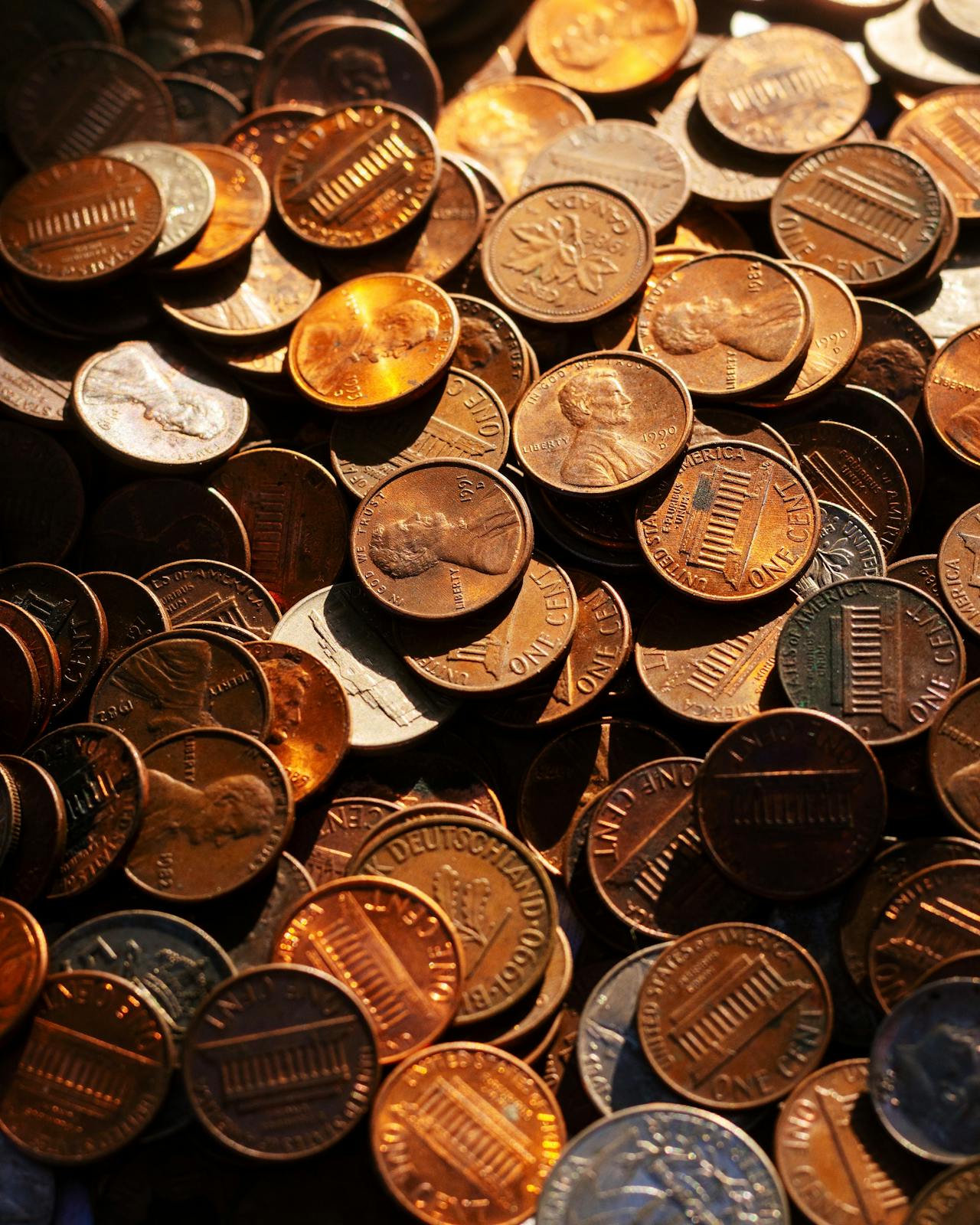‘Self-Care’ Spending Might Explain Why America Is So In Debt
The article explores the reasons behind the united States’ persistent and growing budget deficits, approaching trillion annually, by drawing a parallel with the spending habits of individual Americans. It highlights how many people, especially younger generations like Gen Z, tend to spend beyond their means, rationalizing such behavior as a form of self-care or mental health coping during uncertain times. Social media platforms like TikTok amplify this trend by promoting conspicuous consumption.
the piece describes how this culture of overconsumption extends to businesses that cater to these spending habits, such as bakeries offering expensive novelty treats popular among young customers. It criticizes the broader economic pattern of “sugar highs” created by excessive spending and debt accumulation, linking recent trends to past economic crises caused by irresponsible borrowing and lending.
Despite these challenges, the article notes there are alternative, cost-free ways to practice self-care.However, it warns that the consequences of current spending behaviors will eventually come due, especially as the baby boomer generation retires, potentially deepening the nation’s debt crisis. Ultimately, the article suggests that America’s fiscal problems reflect a collective societal issue, not just government mismanagement.
To understand the reasons why the United States continues to run annual budget deficits approaching $2 trillion, one could do worse than to examine the spending habits of individual Americans. Just like our government, far too many of us think we can spend beyond our means in perpetuity, without caring about the inevitable consequences.
A recent article in The New York Times and a column in The Wall Street Journal highlighted examples of this phenomenon. However much we want to blame our fiscally incontinent Congress for the nation’s budgetary woes, the stories remind us that our representatives do little more than reflect the zeitgeist present in our society. We have met the problem, and it is us.
Advertising Overconsumption
The Times story focused on how members of Generation Z are using small indulgences as a form of self-care. It quoted a 25-year-old fashion associate as saying her frequent purchase of gourmet cookies is “something that I can just have and not think about. … I don’t have to pinch my pennies.”
Of course, as she admitted later in the article, those “little treats” can very quickly have a big effect on one’s budget. But, as the Times noted, the rise of social media has increased the pressure for (over-)consumption:
What sets Gen Z-ers apart from generations before them is how they have built an online community around the tradition, promoting it on their social feeds as a way to care for their mental health during uncertain times. On TikTok, they have shared their latest “little treat” hauls after failing an exam or doing chores, or just to show off conspicuous consumption.
One has to marvel at the rationalizations behind this bacchanalia of consumerism: the logic of people buying things they cannot afford — and will have to pay for eventually — “as a way to care for their mental health during uncertain times.”
The fact that such a trend has exploded on TikTok, an app with links to the Chinese Communist Party, makes it all the more ironic, and not in a good way. If debt is our country’s biggest national security threat, as former Chairman of the Joint Chiefs of Staff Michael Mullen claimed, the last thing our country needs is an app, arguably controlled by our biggest adversary, encouraging Americans to accumulate more debt.
Boom-and-Bust Economy
The Times interviewed the owner of the New York-based Angelina Bakery, who said that more than half of his 11,000 weekly customers come from the Gen Z cohort, which has allowed him to expand his business from two bakeries to eight over the past five years. “He leans into the generation’s treat culture with eye-catching products like $30 giant croissants and cakes that have burnable tops revealing hidden messages.”
At the risk of sounding like a curmudgeon, when Donald Trump says he wants to bring manufacturing back to America, I don’t think he’s referring to cakes that look good on Instagram. And while people have the freedom to spend their money however they’d like, spending money they don’t have won’t bring them freedom, but the shackles of debt.
Over the past several decades, the American economy has become defined by “sugar highs” created by overconsumption. In the case of the Times story, it means Gen Z members who buy “little treats” exceeding their budgets, and the businesses — bakeries, social media “influencers,” and others — who cater to them. Not too long ago, it meant a real estate industry defined by “liar loans,” taken out by people who could not afford the homes they purchased, and mortgage-backed securities that brought the financial system to its knees.
No Easy Answers
But as the Times article noted, people can spoil themselves without having to spend much, if any, money. Borrowing books from a library, taking a walk in the park, or visiting a free museum all represent cost-free forms of self-care. I treated myself for my birthday — but via a food-sharing app, which meant I spent the princely sum of $6.59 for a dozen gourmet cookies normally priced at several times that amount.
The problem with the “I don’t have to pinch my pennies” attitude, for both our 25-year-old fashion associate and the country as a whole, arrives when the bill comes due. Unfortunately, the ongoing retirement of the baby boomers means that day will come sooner rather than later. And when it does, we can look back at this history over the past several decades to explain how and why our nation landed so deeply in debt.
Chris Jacobs is founder and CEO of Juniper Research Group and author of the book “The Case Against Single Payer.” He is on Twitter: @chrisjacobsHC.
" Conservative News Daily does not always share or support the views and opinions expressed here; they are just those of the writer."




